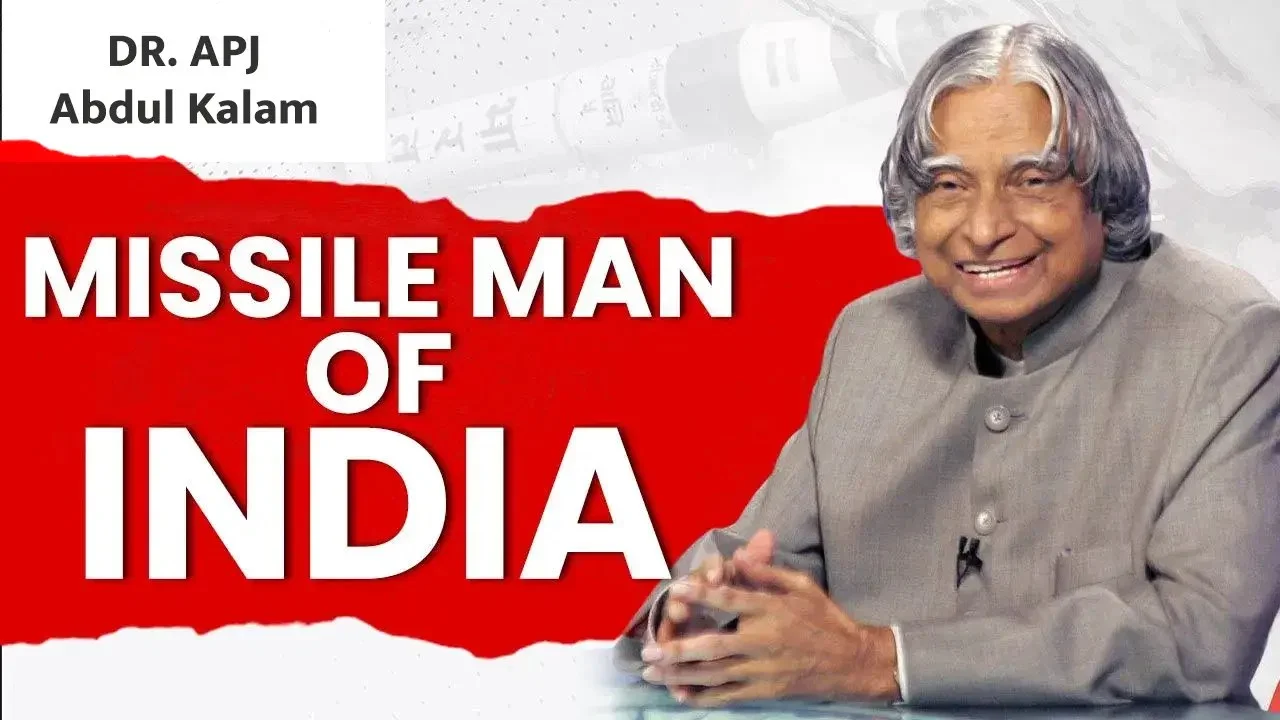Remembering Dr. APJ Abdul Kalam: A Tribute on His Death Anniversary
Dr. Avul Pakir Jainulabdeen Abdul Kalam, popularly known as Dr. APJ Abdul Kalam, was a renowned scientist, visionary, and the 11th President of India. His life and achievements continue to inspire millions around the world. On his death anniversary, we pay tribute to this extraordinary individual who left an indelible mark on India’s scientific and educational landscape.
Early Life and Education
Born on October 15, 1931, in Rameswaram, Tamil Nadu, Dr. Kalam hailed from a modest family. Despite financial constraints, his thirst for knowledge and insatiable curiosity propelled him forward. He completed his schooling at the Schwartz Higher Secondary School and later graduated in physics from St. Joseph’s College, Tiruchirappalli. He further pursued aerospace engineering from the Madras Institute of Technology (MIT).
Career at DRDO and ISRO
Dr. Kalam began his career at the Defense Research and Development Organization (DRDO) in 1958. Here, he worked on various projects, including the development of a small hovercraft. However, it was at the Indian Space Research Organisation (ISRO) that Dr. Kalam truly made his mark.
As the Project Director of India’s first Satellite Launch Vehicle (SLV-III), he played a pivotal role in the successful deployment of the Rohini satellite in orbit in 1980. This achievement marked a significant milestone in India’s space capabilities and established Dr. Kalam as a prominent figure in the field of space research.
The Missile Man of India
Dr. Kalam’s contributions to India’s defence sector earned him the moniker “Missile Man of India.” He was instrumental in the development of the country’s missile technology, particularly the Agni and Prithvi missiles, which bolstered India’s strategic defence capabilities. His work at the DRDO during the Integrated Guided Missile Development Program (IGMDP) laid the foundation for India’s self-reliance in missile technology.
Pokhran-II and Nuclear Capabilities
One of Dr. Kalam’s most notable achievements was his role in the Pokhran-II nuclear tests in 1998. As the Chief Scientific Adviser to the Prime Minister and the head of the DRDO, he oversaw the successful execution of five nuclear tests. These tests not only demonstrated India’s nuclear prowess but also established the country as a significant player on the global stage.
Presidency and Vision 2020
In 2002, Dr. Kalam was elected President of India, a role he served with distinction until 2007. Fondly referred to as the “People’s President,” he endeared himself to citizens with humility, accessibility, and dedication to public service. He tirelessly advocated for education, youth empowerment, and sustainable development during his tenure.
Dr. Kalam’s vision for India was encapsulated in his Vision 2020 document, which outlined a roadmap for transforming India into a developed nation by 2020. He emphasized the importance of science and technology, rural development, and sustainable economic growth as key drivers for achieving this vision.
Contributions to Education and Youth
Post-presidency, Dr. Kalam dedicated his life to educating and inspiring the youth. He visited numerous educational institutions, delivering motivational speeches and interacting with students. His books, including “Wings of Fire,” “Ignited Minds,” and “India 2020,” continue to be sources of inspiration for young minds.
Dr. Kalam firmly believed in the potential of the youth to drive national development. He often stated, “Dream, dream, dream. Dreams transform into thoughts and thoughts result in action.” His emphasis on dreaming big and working diligently to achieve those dreams resonated with millions.
Awards and Honors
Dr Kalam’s exceptional contributions earned him numerous accolades and honours. He was awarded the Padma Bhushan in 1981, the Padma Vibhushan in 1990, and the Bharat Ratna, India’s highest civilian award, in 1997. These honours recognized his outstanding service to the nation in the fields of science, engineering, and public service.
Legacy and Inspiration
Dr. APJ Abdul Kalam passed away on July 27, 2015, while delivering a lecture at the Indian Institute of Management Shillong. His sudden demise left the nation in mourning, but his legacy continues to inspire. His life is a testament to the power of hard work, perseverance, and unwavering dedication to one’s goals.
On this death anniversary, we remember Dr. Kalam not only for his scientific achievements but also for his contributions to nation-building and his unwavering commitment to empowering the youth. His vision, values, and relentless pursuit of excellence serve as a guiding light for future generations.
Conclusion
Dr. APJ Abdul Kalam’s life journey from a small town in Tamil Nadu to the highest office in India is a story of determination, resilience, and visionary leadership. His contributions to science, technology, and education have left an indelible mark on the nation. As we commemorate his death anniversary, let us honour his memory by striving to realize his vision of a developed and prosperous India.
May his spirit of innovation, dedication, and service continue to inspire us all to dream big and work towards achieving those dreams. Dr Kalam’s legacy will forever remain etched in the annals of history, reminding us that with hard work and perseverance, anything is possible.








